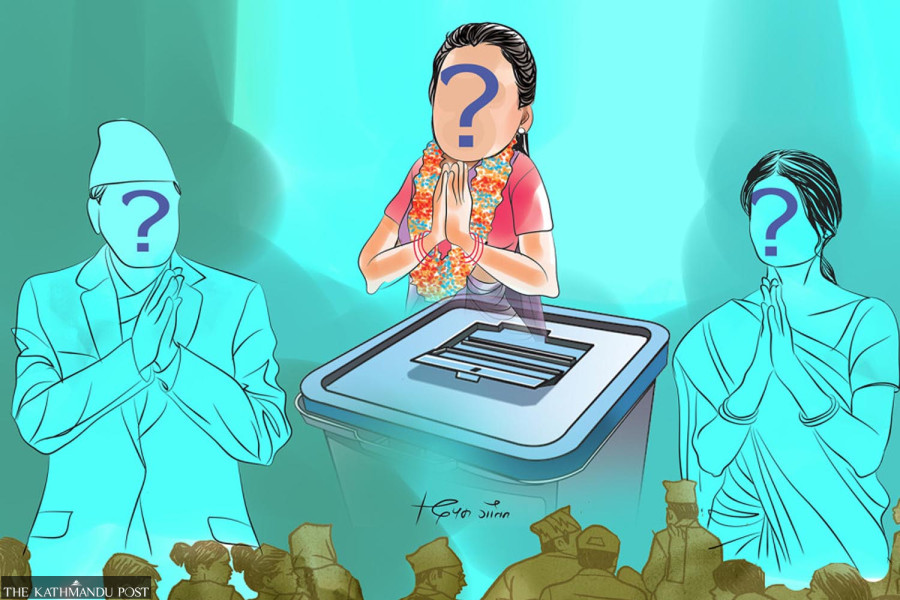Editorial
Primary concerns
It is doubtful whether just tweaking the system to pick election candidates will improve politics.
The Rastriya Prajatantra Party (RPP) has decided to nominate its election candidates through primaries. The party, which pitches for the preservation of conservative social values, has followed in the footsteps of the new Rastriya Swatantra Party (RSP). The old party has taken a new approach at a time traditional political forces are under tremendous pressure to reflect the broader changes in the society. In the words of the RPP’s senior vice-president Rabindra Mishra, the rank and file is in the stage of reimagining, rebranding and recasting the party. The fact that the pro-monarchy and pro-Hindu party realises the need to recreate and rebrand itself is a positive sign. Every system and organisation needs periodic renewal, both in terms of manpower and structure. But a change made without conceptual clarity and preparation may not have the desired result. No system is good or bad in itself; what counts for more is the intent of its designers.
For example, the proportional representation system was brought with the noblest intent of ensuring greater representation of the marginalised and downtrodden communities in national politics. But then it soon morphed into a system to accommodate the near and dear ones of the top leaders and the businesspersons who could literally buy these parliamentary seats. Before that, the constitution Nepal promulgated in 1990 was hailed as the “best in the world” and yet it had to be thrown into the dustbin in just a decade and a half. Now the same is being said of the 2015 constitution. But if history is any guide, the new constitution could also meet with a big accident if those who brought it continue to weaken its very foundation of an autonomous three-tier government system.
Primaries conducted to pick party candidates for general elections or as representatives for party conventions are effectively practised in democratic countries like the US and the UK. If done wisely, they can strengthen intra-party democracy. But just changing the system won’t do any good unless its architects also change the way they think. Those who are used to employing money and muscle to get their way could do the same in the new system of primaries as well. Major political parties including the CPN-UML nominate candidates through their local chapters, in principle. Likewise, representatives of party conventions are elected from among local members. But malpractices and anomalies in these methods are so rampant that party chiefs and other key leaders can easily use them to elect candidates they favour. And questions have already been raised about the RSP leadership "manipulating" the primary system in favour of certain election candidates.
Primaries can give party rank and file the power to choose desired candidates for general elections and vital party positions. It would also be unwise to declare them unfit for Nepal right off the bat. Yet there are reasons to doubt that just tweaking the system of picking candidates will be enough. Donald Trump has mastered the art of winning primaries by mouthing extremist views, pushing the Republican party far to the right. More polarised politics is the last thing Nepal needs right now.




 13.12°C Kathmandu
13.12°C Kathmandu














